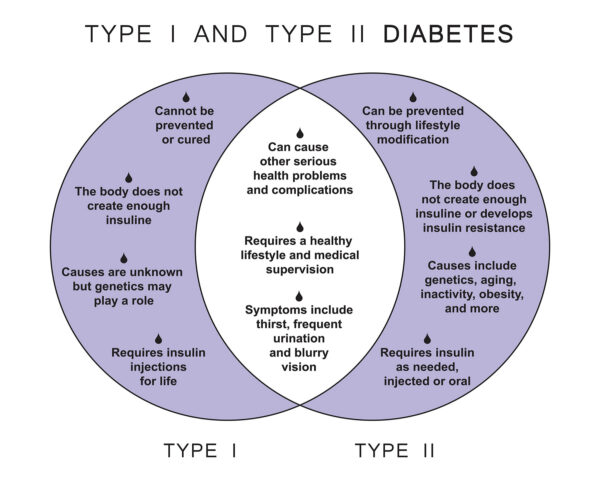The ketogenic diet, often referred to as the “keto” diet, has gained popularity for its potential benefits, including weight loss and improved blood sugar control. But is the keto diet a safe and effective option for individuals with diabetes? In this article, we will delve into the pros and cons of the ketogenic diet for diabetes management and provide safety tips to consider while following this dietary approach.
Understanding the Ketogenic Diet
The ketogenic diet is a high-fat, low-carbohydrate diet designed to shift the body into a state of ketosis. In ketosis, the body primarily burns fat for fuel instead of carbohydrates. This can lead to weight loss and may offer certain benefits for individuals with diabetes.
Pros of the Ketogenic Diet for Diabetes:
- Blood Sugar Control: Some individuals with diabetes have reported improved blood sugar control while following a ketogenic diet. With limited carbohydrate intake, there may be fewer blood sugar spikes.
- Weight Loss: The keto diet can promote weight loss, which is beneficial for those with type 2 diabetes, as it can improve insulin sensitivity.
- Reduced Insulin Dependency: In some cases, the keto diet has allowed individuals to reduce their reliance on insulin or other diabetes medications.
Cons of the Ketogenic Diet for Diabetes:
- Nutrient Deficiencies: The keto diet can lead to nutrient deficiencies, as it restricts many food groups. It’s essential to carefully plan meals to ensure you get necessary vitamins and minerals.
- Challenging to Sustain: The strict dietary restrictions of the keto diet can make it challenging to maintain in the long term.
- Potential Side Effects: Some people may experience side effects such as “keto flu,” which includes symptoms like fatigue, nausea, and headaches, during the initial transition into ketosis.
- Risk of Hypoglycemia: The keto diet can increase the risk of hypoglycemia (low blood sugar) in individuals taking diabetes medications or insulin.
Safety Tips for Following a Ketogenic Diet with Diabetes:
- Consult Your Healthcare Provider: Before starting the keto diet, consult with your healthcare provider or a registered dietitian. They can assess your individual needs and help you create a plan that aligns with your diabetes management goals.
- Monitor Blood Sugar: Regularly monitor your blood sugar levels to track the diet’s impact. Be prepared to adjust your medications as needed.
- Stay Hydrated: The keto diet can cause increased urination and fluid loss, so it’s crucial to stay well-hydrated.
- Focus on Nutrient-Dense Foods: Include a variety of nutrient-dense foods like leafy greens, non-starchy vegetables, and lean proteins to ensure you get essential vitamins and minerals.
- Consider Cyclical or Targeted Keto: Some individuals with diabetes opt for cyclical or targeted keto approaches, where they periodically reintroduce carbohydrates or consume them strategically around workouts.
Conclusion: A Personalized Approach to Keto and Diabetes
The ketogenic diet can offer benefits for some individuals with diabetes, but it may not be suitable for everyone. It’s essential to approach the keto diet with caution and under the guidance of a healthcare provider or dietitian. A personalized approach that considers your specific diabetes management needs and lifestyle is key to achieving success while minimizing potential risks. Monitoring blood sugar levels and staying well-informed are essential components of safely incorporating the keto diet into your diabetes management plan.






